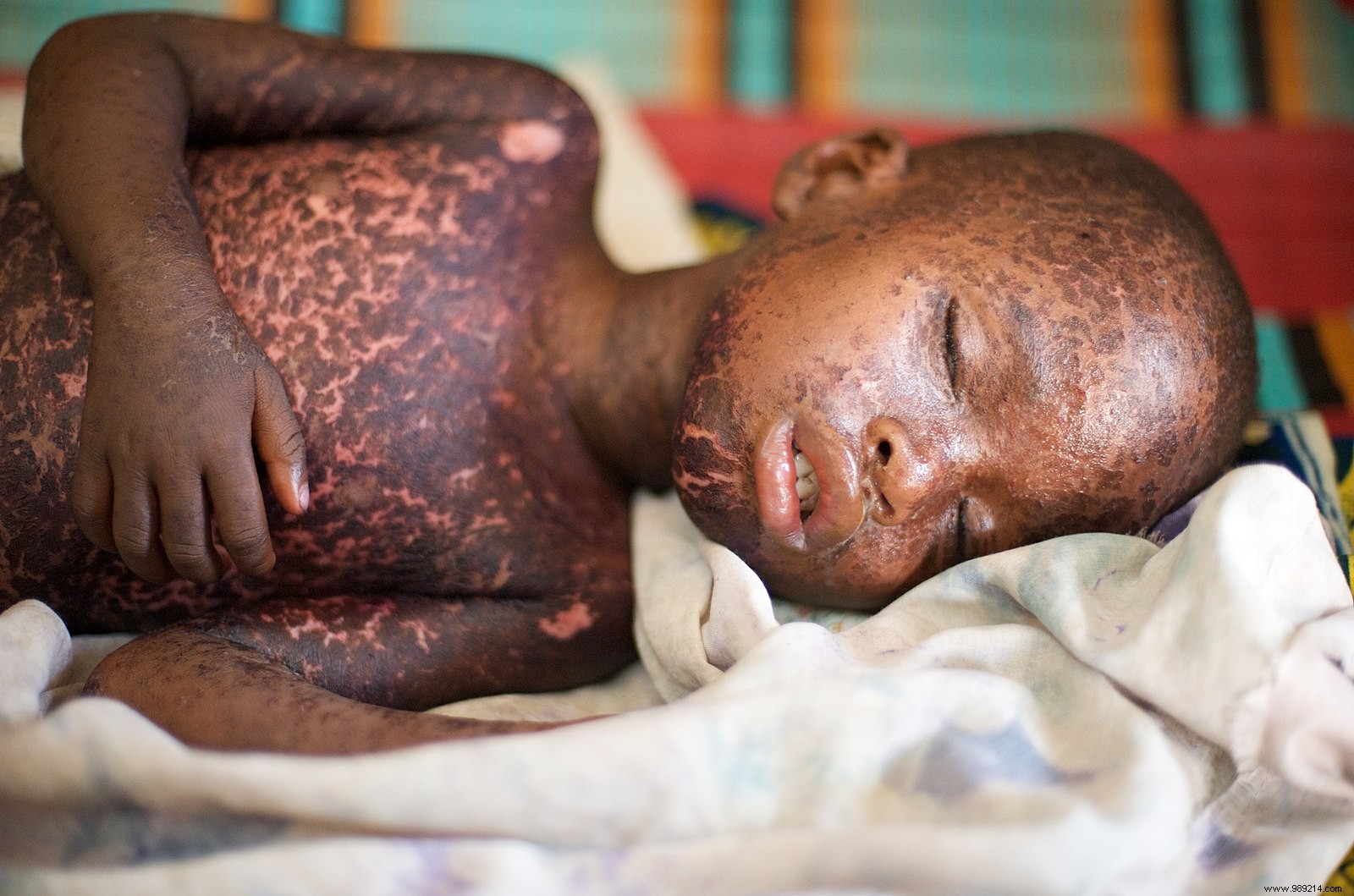A new report from the World Health Organization (WHO) and the Centers for Disease Control and Prevention reveals that measles, a highly contagious but preventable viral disease vaccination, infected at least 860,000 people and killed more than 200,000 of them in 2019.
Before the development of the first measles vaccine in 1963, an epidemic resulted in over 2.6 million deaths each year . Years of information and vaccination campaigns then saved more than 21 million lives . Despite this progress, it would seem that efforts are no longer sustained enough. The main cause ? Anti-vaccine campaigns.
Vaccination has been a topic of debate for twenty years. It was Andrew Wakefield who originally published a fraudulent research paper linking the MMR (measles, mumps and rubella) vaccine to autism. The author of this paper has since been discredited, but a distrust of vaccines has nevertheless taken hold. Even today, many parents choose not to have their children vaccinated.
The problem is that in order to fight the highly contagious measles effectively, we need about 95% vaccination coverage . This is where the problem lies. Over the past ten years, vaccination coverage has never exceeded 85% in the world. As a result, the number of reported measles cases continues to rise. And the last one is heavy.

Indeed, according to a new CDC/WHO report released this Thursday, there were 869,770 documented cases of measles worldwide in 2019 . This is unheard of since 1996. The toll is also twice as heavy as in 2016. Still according to the report, more than 207,500 of the people concerned have unfortunately died the same year. By comparison, the WHO had recorded 140,000 deaths from the disease in 2018. Finally, most of these deaths occur in children under the age of five.
The report also highlights that these increases in cases can be seen around the world, but they remain particularly marked in Africa and Europe . Only two countries – Iran and Sri Lanka – had zero cases in 2019.
“The fact that measles outbreaks have reached the highest level we have seen in a generation is unacceptable when we have a safe vaccine, which has a cost-effective and proven. No child should die from a vaccine-preventable disease “, said Elizabeth Cousens, President &CEO, United Nations Foundation.
In view of these results, the researchers therefore insist on the resumption of vaccination efforts by fighting more against online disinformation . In this way, we can increase routine immunization coverage and strengthen health systems . Otherwise, we will continue to chase one epidemic after another.